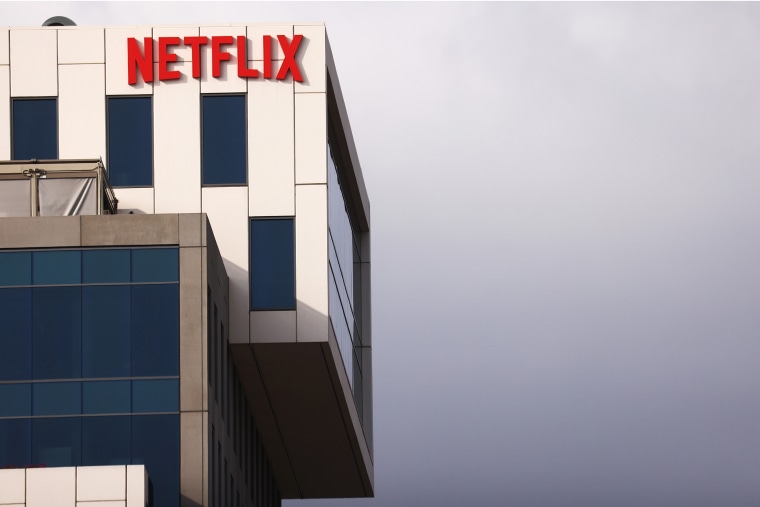A Los Angeles judge on Friday denied a request from more than a dozen people who wanted to block or alter parts of a Netflix documentary about a wellness company known for “orgasmic meditation” over allegations that it may have included “misappropriated” sexually explicit material.
Los Angeles Superior Court Judge James Chalfant said the group of 15 — described in a lawsuit filed late last month as people formerly affiliated with the company, OneTaste — offered no evidence that the film includes explicit material showing them.
Nor did they show that the film, "Orgasm Inc.," could irreparably harm them, Chalfant said, according to a court order.
The order paves the way for the film's release Saturday.
A lawyer for the plaintiffs declined to comment. A spokesman for Netflix didn’t immediately respond to a request for comment, nor did the film’s director, Sarah Gibson.
In a declaration filed Friday, Gibson said the film investigates "troubling allegations" about the company. Much of the archival video in the film is not sexual, but comes from OneTaste social events, lectures and promotional materials.
The film does not show any private sessions of orgasmic meditation, or OM, nor does it depict the plaintiffs — who are identified only as “Doe” in the complaint — engaged in the practice, Gibson said.
It also does not contain images of the plaintiffs' genitalia or depict them engaging in any sexual act, she said in the declaration.
The complaint had asked for a temporary restraining order against Netflix that would have halted the distribution of the plaintiffs' private, sexually explicit materials — or required the company to blur those images.
The complaint also alleged privacy violations and an intrusion into private affairs. The status of those allegations wasn't immediately clear.
The suit was filed after a group of more than 400 people currently or formerly affiliated with OneTaste sent a petition to Netflix in September demanding "privacy and protection."
"We were recently horrified to learn Netflix’s producers unlawfully purchased footage of us, and/or images of us, and/or audio of us with the intent to use it in a film for profit," the petition said, adding: "Some of these courses were intimate for us and portions of the material might depict some of us in various stages of undress, as part of the OM practice or in other settings. In some cases, this includes extreme closeups of our genitals."
The complaint alleged that a former OneTaste videographer "misappropriated" recordings intended for educational purposes and internal instruction.
The ex-videographer, Chris Kosley, is also named in the suit. In a text message Friday, he declined to comment on the allegation, citing a separate legal case involving OneTaste.
"However, I'm confident that when my arguments have been made, truth will prevail in that case and OneTaste's actions will be seen for what they are: an attempt to silence my voice and to silence the voices of others with a valid an important story to share with the public," Kosley said.
In a statement provided by a OneTaste spokesperson Friday, a woman who signed the petition said she was shocked that such a "blatant violation or privacy was so open and shut. And that a corporate media titan can shut down what I thought was an open and shut case."
"Netflix has no right to violate our bodies or privacy for their profit," she said. "We never consented to be in this film."
OneTaste was founded in 2005 to promote what the company describes as a “desire-based life.”
A 2020 podcast series on the BBC described the company as an “orgasm cult.” A lengthy report in Bloomberg Businessweek described OneTaste as “a kind of prostitution ring — one that exploited trauma victims and others searching for healing.”
The company has pushed back against the characterizations, suing the BBC for defamation in a case that is ongoing and describing the Bloomberg depiction as “unrecognizable.”
